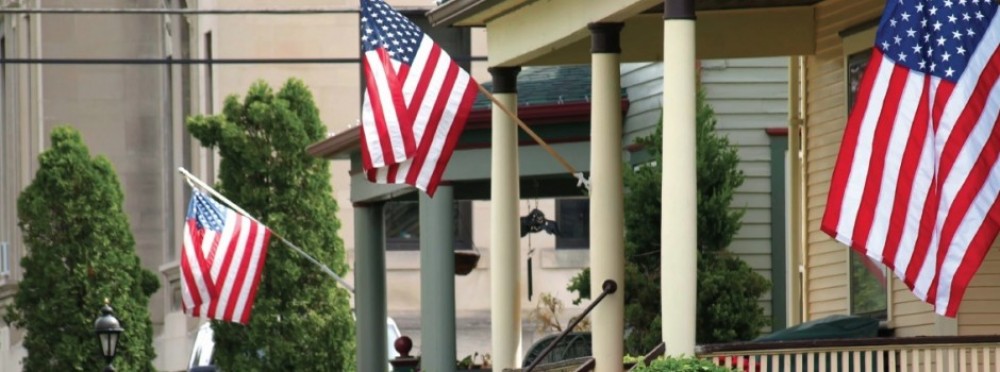President Joan Smith called the meeting at 9:30 a.m. Present for the meeting was Master, Joan Smith, Lecturer, Samantha Johnson; Lady Assistant Steward, Jessie Cope; Steward, Amanda Brozana; Treasurer, Andy Sampson; Assistant Steward, Austin Miller; Flora, Stephanie Wilkins; and Chaplain Grace Boatright. We were also joined by new member David Conrath.
Treasurer’s Report
Andy Sampson and Samantha Johnson were both approved to be on the BB&T Account, but we still have been unable to get approval for the banking online. Andy and Master Smith will be going to BB&T after the meeting to clear up this matter.
Andy also discussed his conversation with Overseer Watson about moving the Kile Fund into an interest baring account. It was decided that although we could do it, it would complicate our filings with the IRS and wasn’t worth it.
Eric confirmed that Potomac Grange #1 and the Kile Fund were both approved for their extensions in filing IRS paperwork. The extension is to November 15, 2014 and Eric expects to have all matters settled.
Andy brought up the possibility of updating our accounting software from Excel to Quickbooks. If the National Grange acquires Quickbooks at the end of the year, then we can add Potomac Grange as a company and would discuss paying a portion of $36 a month for the software.
Old Business
A motion was made and approved to change minutes from September 2014 meeting. The correction was in the beginning we have “old” and should be “new” business.
A discussion was brought forward by Jessie Cope and Master Joan Smith about Grace as our 2nd Delegate. Per National Master, Ed Luttrell’s conversation with Jessie and Dick Weiss to write a letter about requesting Dick’s early leaving at Convention and Grace as the delegate for the rest of session. It was suggested by Austin that Dick just come as the 2016 Coordinator and shadow the 2014 & 2015 Coordinators to help him prepare for Hosting in 2016. This would allow Grace Boatright to be our Honorary Delegate and end the conflicting problems with having 2 Delegates. This was approved.
New Business
Dave Conrath was introduced as a new member and talked about his background and what brought him to Potomac Grange.
We voted to pay 3rd Quarter Dues and the 2014 National Grange Assessment on Friday, October 24th, when Master Smith and Secretary Weiss will be at the National Grange Office.
The National Arboretum was discussed. Originally, Potomac Grange #1 donated $3,500 to help build a kiosk. As per Lecturer Johnson’s discussions with the Arboretum this project has been indefinitely shelved and they have offered us an alternative: a Bicycle-Powered Blender. The cost is roughly the same, only a difference of $3.32. We would still get recognition on a license plate. Lecturer Johnson was asked to speak with here contact and ask where the bike will be placed and if they are selling rights to other companies.
The Holiday Event was confirmed for January 13, 2015 at 6pm in the National Grange Building. The speaker will be from One Country Connect and if all 5 new members are there we will do an obligation ceremony as well.
Steward Brozana has uploaded the t-shirt design for the “I’ll be Delighted” Campaign. She will activate the link night and leave it open for the 2 minimum days required and then buy a total of 50 shirts to cover the Youth Drill Team, Youth Ambassadors, and Potomac Grange members. We will reopen the link, November 1st, for the month to raise money for the Youth in Wib Justi’s memory. We will have 2 sample t-shirts available for members to view at National Grange Session and the GrangeConnect will help members purchase their shirts. Master Smith will be paying for the initial 50 and will be reimbursed by the Kile Fund.
Discussion was brought forward about the Delegate Gift of chocolate. David told us about the human trafficking issues surrounding the harvesting of cocoa. Since, Hershey and Nestle are the worst offenders and there are very few Fair Trade Cocoa Companies, it was decided to use non-chocolate. We had 3 different versions of the message for the wrapper: “Vote for those who don’t have a voice”; “Vote for us we can’t”; and “Taxation without Representation, Washington, DC and Potomac Grange #1”. After much discussion the third message was approved along with the Grange logo mixed in as part of the stars on the DC flag. Jessie will buy the candy and labels. Amanda will come up with the design for the label.
There was no further business and the meeting adjourned at 10:50 a.m.
Next Meeting
We will have no meeting in November or December 2014.
Next meeting scheduled for January 13, 2015.
Respectfully submitted,
Samantha Johnson, Lecturer
Potomac Grange #1
